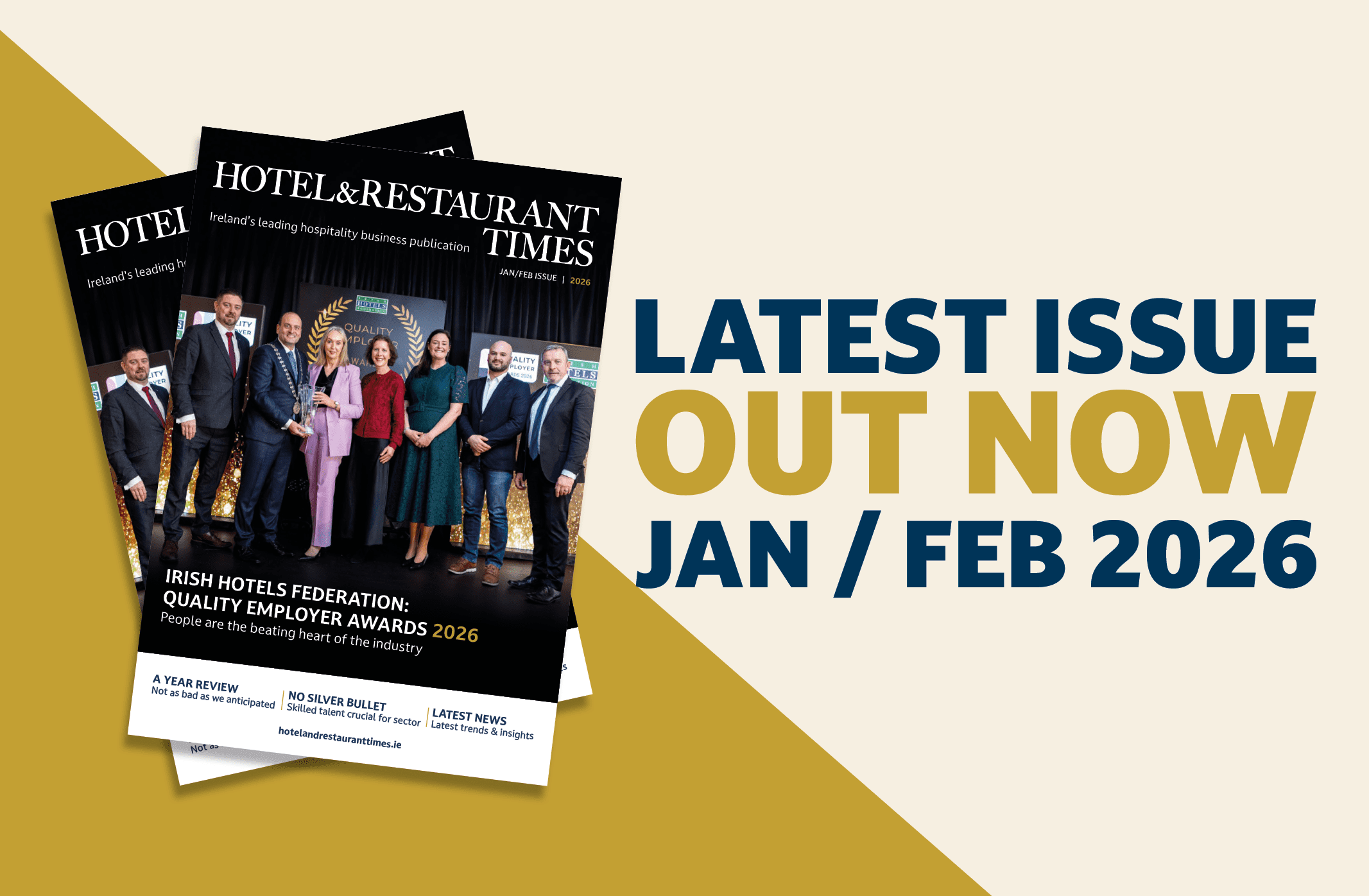
Bank of Ireland launches Food and Beverage Insights Outlook H2 2025
Despite ongoing geopolitical uncertainties and volatility, Ireland’s food and beverage sector continues to show remarkable adaptability and strength according to a new Bank of Ireland report, with the outlook for the industry remaining positive as Irish producers lead the way in resilience and innovation.
Food and drink businesses have consistently demonstrated flexibility in the face of several changes over the past number of years, with robust export performance underpinning the sector’s ongoing success. H1 2025 food and beverage exports totalled €9.4bn, a 15% year-on-year rise, with the meat and dairy sectors leading the way.
Resilience and Innovation in Irish Food & Drink
As international market access evolves, Ireland’s diverse export strategy is opening up new opportunities, especially as operators adapt to a changed landscape following the introduction of US tariffs. Some exporters to the US are pivoting to other markets, with Irish whiskey producers for example now targeting Canadian consumers following the removal of US whiskey from shelves in the province of Ontario.
Lucy Ryan, Head of Food & Beverage Sector at Bank of Ireland, commented:
“In my work supporting Irish food and beverage businesses, I am constantly struck by their resilience. Industry leaders are attuned to shifts in market dynamics, agile in their operations, and constantly innovating to ensure they provide customers with a best-in-class product. Domestic producers are also keenly aware of the environmental benefits to their own bottom line, with sustainability practices now a priority for the vast majority, which bodes well for long-term growth for the sector.”
Challenges Ahead: Inflation, Climate, and Costs
Notwithstanding the generally positive outlook for the sector, food inflation and climate change remain pressing concerns. Food inflation in Ireland stood at 5.1% in August this year, with the EU average standing at 3.9%, and overall food inflation figures showing no signs of decreasing.
Both coffee and cocoa prices have risen considerably, with coffee yields impacted by extreme weather and disrupted supply chains, and cocoa prices recording elevated rates of $7,000 per tonne due to low global stocking levels.
Business costs and staffing issues also continue to present challenges for operators, whilst the drive towards a more sustainable food system is prompting industry-wide action. Embracing sustainability is not only an imperative for the environment but also a strategic advantage for Irish producers in global markets dealing with climate impacts on certain supplies, with expanding export market opportunities and maintaining a focus on quality remaining essential business pillars.












